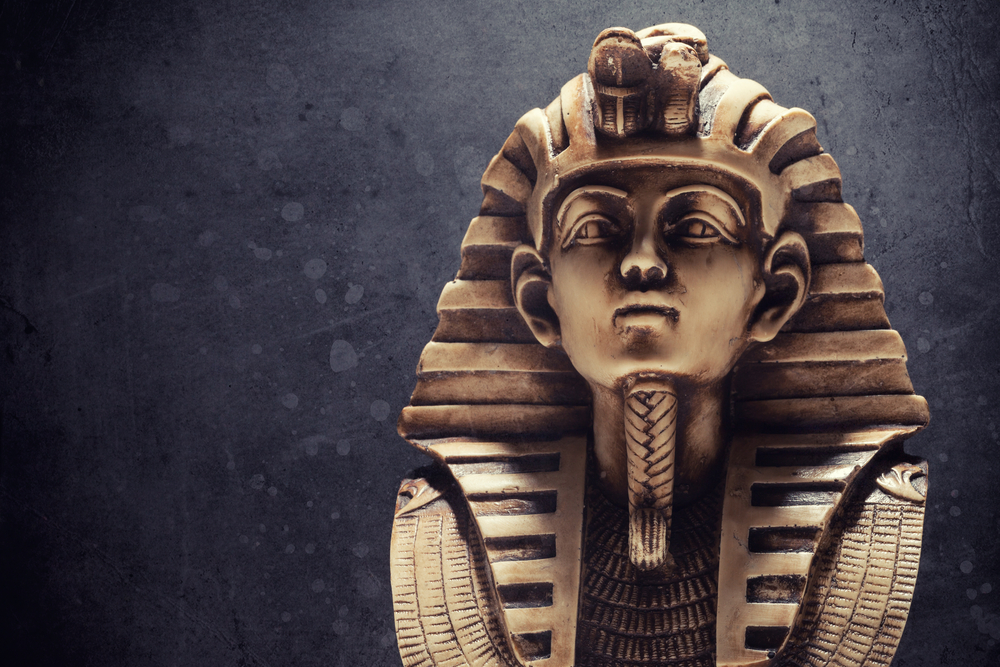This post is part of an ongoing series in the study of John we are doing during January. Subscribe to the blog for daily updates in the Bible Study posts. Subscribe to the podcasts to hear our discussion of the book of John throughout this month. Join us in your daily devotions as we travel through this fascinating account of the life of Christ.
***
We are nearing the end, the final movement of Jesus toward the cross. From chapters 13 through 17, nearly every word in my Bible is red. These passages represent the final words and moments of Jesus with His followers before the crucifixion.
Final words are significant. They often hold a concentrated version of the speaker’s message and mission, the final opportunity to impart to His followers. The last words of Jacob in Genesis 49 capture the destiny of the twelve tribes of Israel that would succeed him. Much of the book of Deuteronomy represents the final words of Moses to the children of Israel. 2 Samuel 23 records the last words and the heart of King David.
Of course, Jesus’s final words must be seen differently. Although the following few chapters represent the last words to His followers before His death, He knew what lay in front of Him. He knew He would rise again, and the work would continue. Therefore, these words still hold weight as the final concentrated form of His message and mission, but He is also speaking to His future followers.
The final message and acts of Jesus serve as a foundational proclamation to the civilizational culture of the Kingdom of God that will be birthed after His death and resurrection.
The New Commandment
A new commandment I give to you, that you love one another; as I have loved you, that you also love one another. By this all will know that you are My disciples, if you have love for one another.” John 13:34-35 (NKJV)
Loving others was not a new commandment. The Old Testament, written and canonized centuries before Jesus walked the earth, carried this directive.
You shall not hate your brother in your heart. You shall surely rebuke your neighbor, and not bear sin because of him. You shall not take vengeance, nor bear any grudge against the children of your people, but you shall love your neighbor as yourself: I am the LORD. Leviticus 19:17-18 (NKJV)
When Jesus said described this principle of love for one another in John 13:35, He described the bonding standard of the culture that would hold together this new civilization He was about to inaugurate. The Kingdom of God would not be about self-preservation but about loving one another. He was not presenting brotherly love as a new or novel concept but as a primary and chief standard of the Kingdom of God.
If there was no other element Jesus added to the culture of those who live within the Kingdom of God, this principle of love for one another would be enough to immediately set the Kingdom of God at odds with the kingdoms of this world. Everything in this world is driven by self-interest and self-preservation. But here, Jesus inaugurates a new constitution that we are to live by. We are to seek the benefit and improvement of each other at the expense of our self.
In the world’s system of life, such a lifestyle and way of behavior would be considered self-destructive. But in the Kingdom of God, we cannot fit unless such values fully define us.
What Is Love?
What does it mean to love one another? Jesus did not leave this to the vagueness of our own individual interpretation.
love one another; as I have loved you
The first 20 verses of this chapter detail Jesus washing the disciples’ feet and explaining that unless we adopt this same posture of service, we do not have anything to do with Him and His Kingdom.
So when He had washed their feet, taken His garments, and sat down again, He said to them, “Do you know what I have done to you? You call Me Teacher and Lord, and you say well, for so I am. If I then, your Lord and Teacher, have washed your feet, you also ought to wash one another’s feet. For I have given you an example, that you should do as I have done to you. Most assuredly, I say to you, a servant is not greater than his master; nor is he who is sent greater than he who sent him. If you know these things, blessed are you if you do them. John 13:12-17 (NKJV)
In the small town I grew up in, several of the Baptist churches frequently had foot-washing ceremonies. They read these words of Jesus then literally required the members to wash one another’s feet. The intent of these faithful men and women was good, but they missed the broader reality of what Jesus was describing. He was not looking for a single act of humbling ourselves and serving one another. He was modeling a lifestyle of humility and service to one another.
And there was no limit to the depths or heights to which this love could go, as Jesus continued to model on His march to the cross. The defining characteristic of the citizens of the Kingdom of God is not our skin color, our language, or our history – but our love for one another. Jesus set the standard which we are to follow.
By this all will know that you are My disciples, if you have love for one another








What do you think?
Show comments / Leave a comment